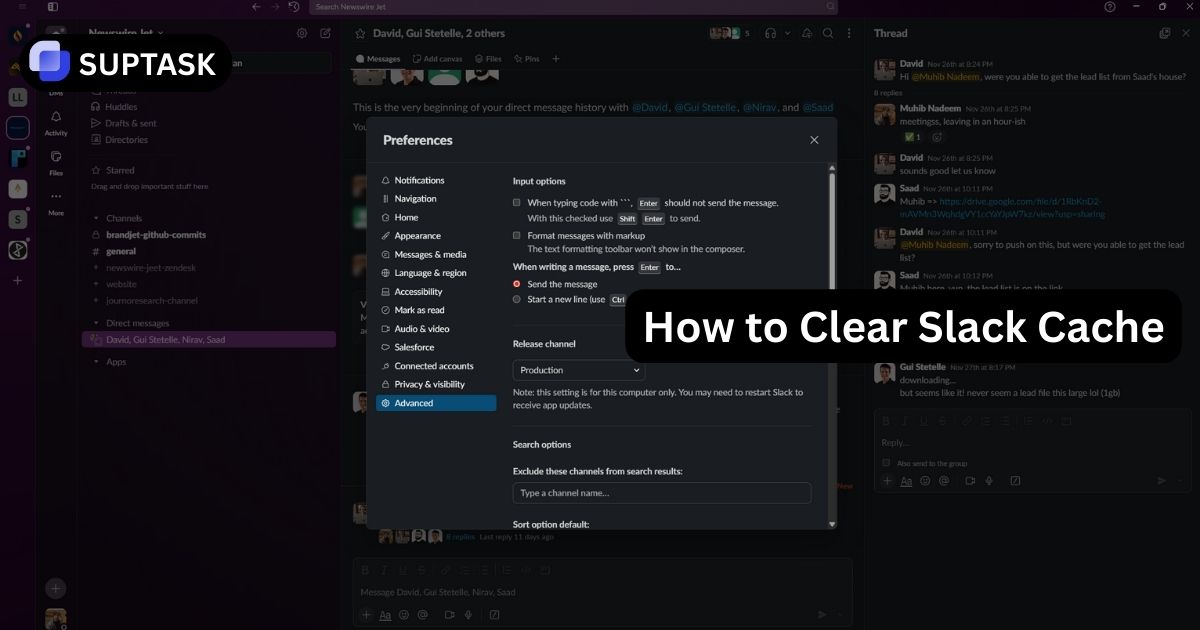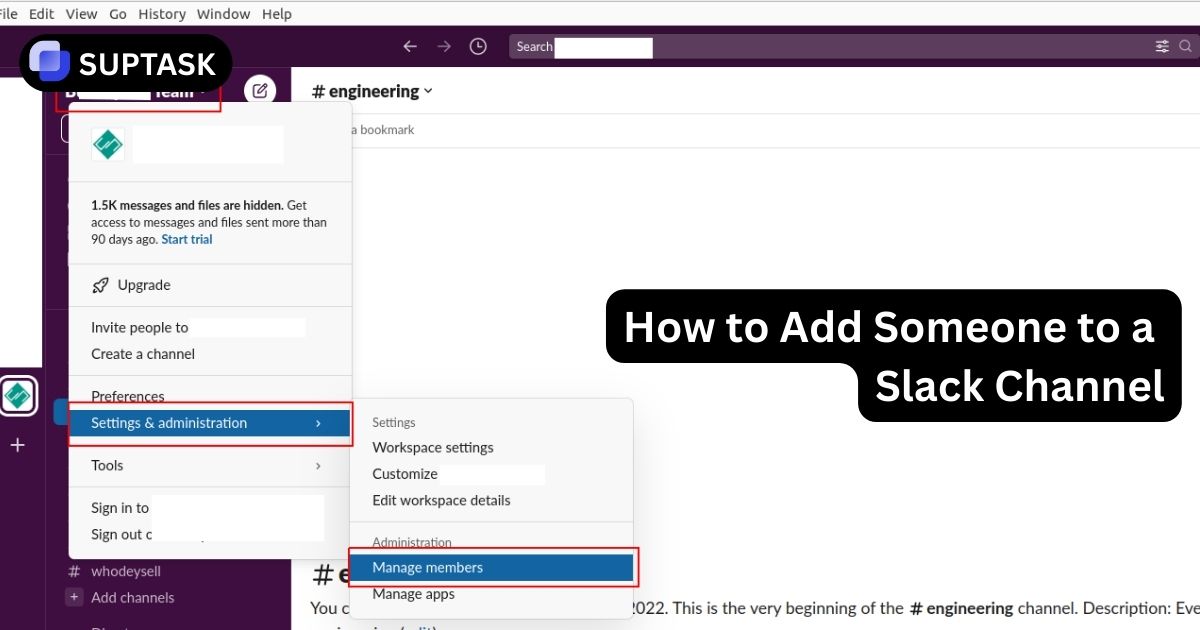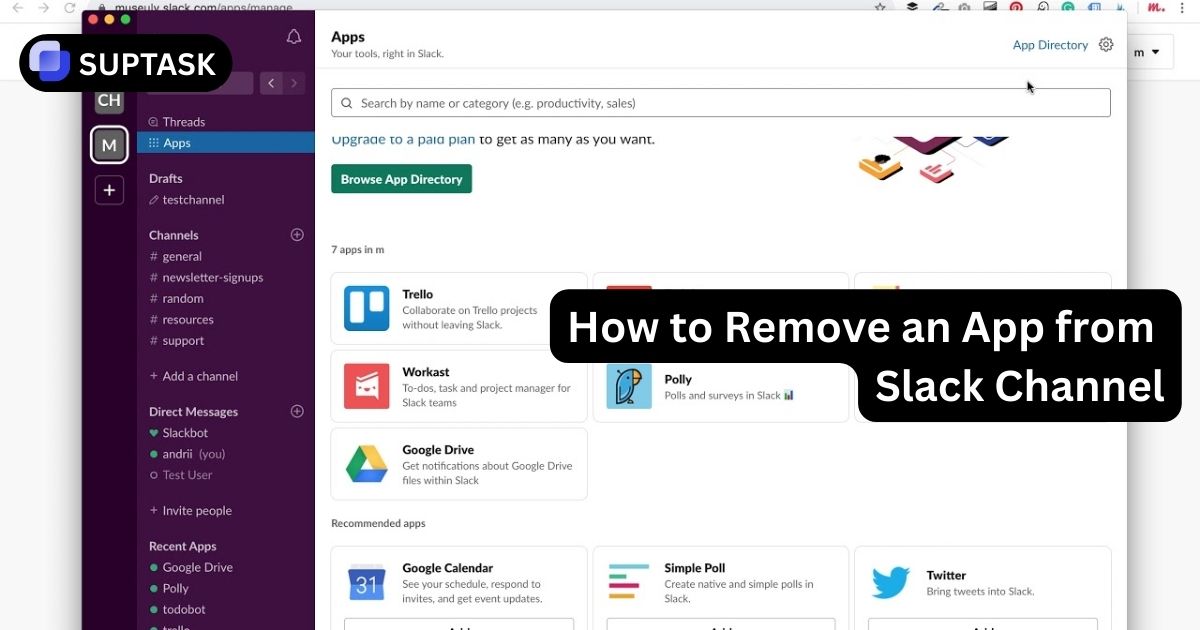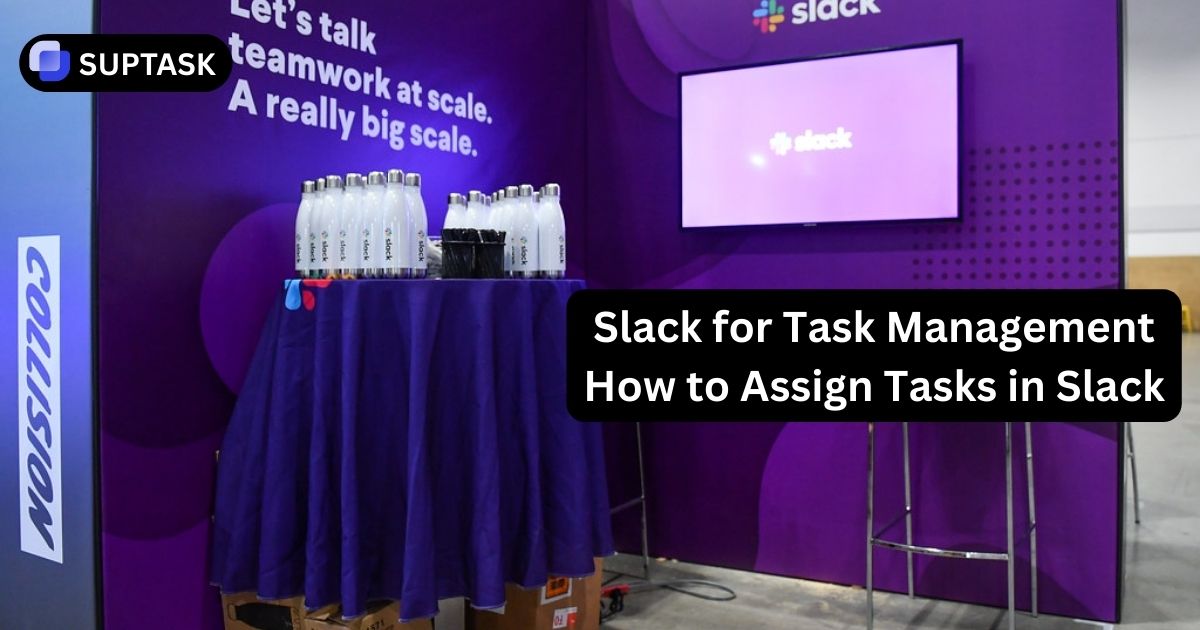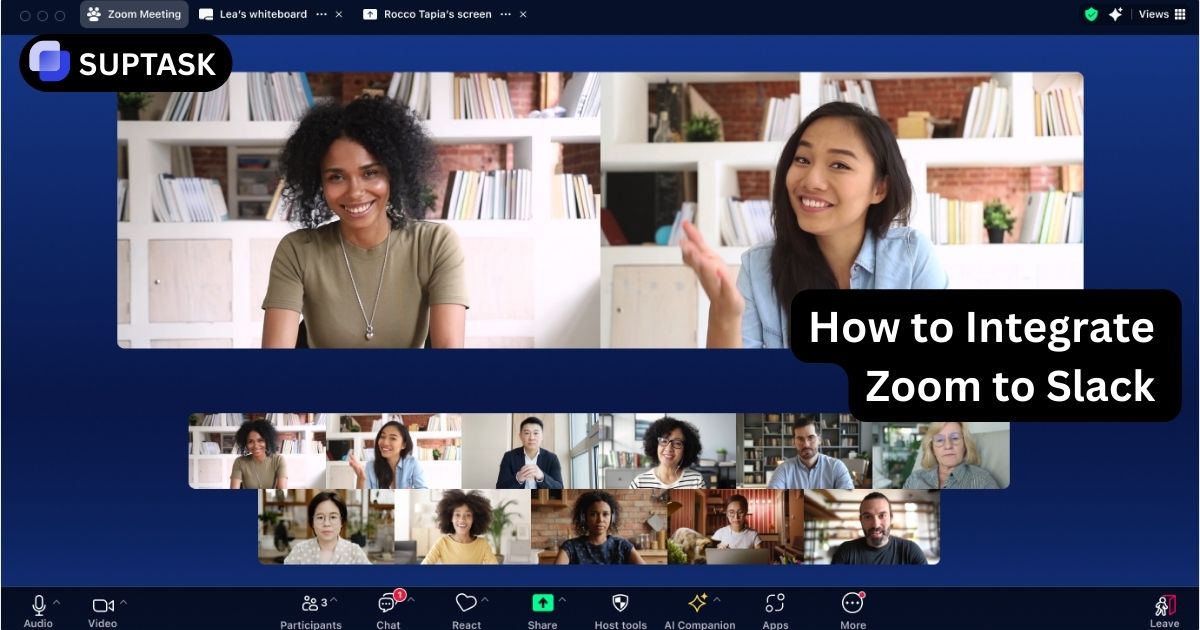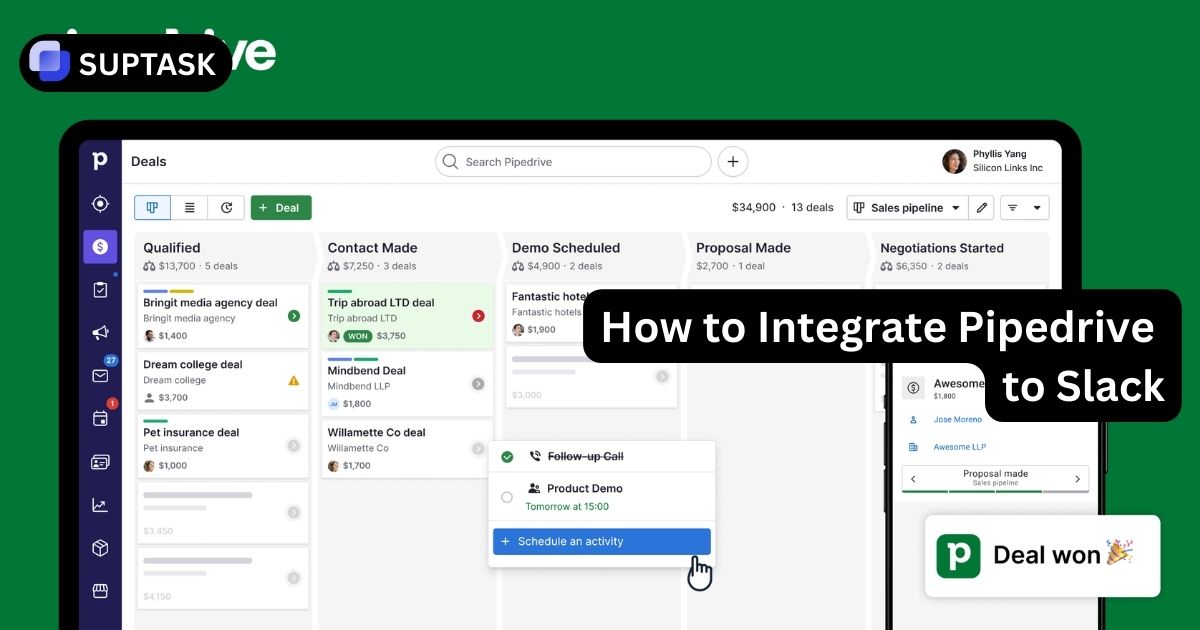Team building workshops improve team dynamics and boost performance through organized activities.
These sessions help teams enhance communication, collaboration, and problem-solving skills.
Key Takeaways
- Team building workshops: Improve communication, enhance relationships, and boost morale, leading to a more cohesive and effective team.
- Types of workshops: Communication, collaboration, creative problem-solving, leadership development, cross-functional collaboration, diversity and inclusion, and remote team engagement.
- Workshop benefits: Strengthen team bonds and equip members with critical skills for achieving high performance and fostering a positive work environment.
The Importance of Team Building Workshops

Workshops centered on team building are an investment in a team's enduring success. They aim to create robust teams by fostering connections and developing individual relationships.
The main goals revolve around fortifying bonds within the team, enhancing communication channels, and elevating morale.
Enhanced understanding of each other’s abilities and improved communication enable more effective collaboration, culminating in greater efficiency and triumph.
Engaging in enjoyable activities designed for team building can significantly improve dialogue between members, hone planning capabilities, and elevate staff motivation.
These exercises provide a unique opportunity for members to bond by sharing experiences outside their typical work setting.
Partaking in such endeavors promotes stronger connections among participants, leading to unity that persists back at their professional workspace as a unified group.
Courses dedicated to training for team building delve into pivotal topics, including:
- Communication techniques
- Decision-making processes
- Problem-solving strategies
- Methods of conflict resolution
Alongside games are designed for team-building efforts that focus on delineating roles within the workforce.
These instructional courses seek to teach and engage participants with entertaining approaches during this process of development, effectively enhancing teamwork.
Seminars tailored towards these purposes complement such educational sessions by offering more profound insights and tactics necessary for operating as an efficient unit.
Ability such as these is crucial when aiming for peak performance levels. They value each contributor's contribution, communicate transparently, and mediate conflicts amicably.
These essential elements foster a positive work environment consistent with a dynamic company culture. They also assist in motivating successful groups toward common goals.
List of Top Team Building Workshops
.webp)
Understanding the significance of team building, we should now delve into a selection of available top-notch workshops.
These workshops tackle numerous facets of team dynamics, such as enhancing communication and teamwork, spurring creative problem-solving, and bolstering leadership abilities.
Tailoring each workshop to meet your team’s specific requirements is possible. Whether the objective is boosting communication skills, encouraging innovative thinking, or advancing cross-functional collaboration among teammates, there’s a tailored workshop poised to assist in reaching these aspirations.
Let us dive deeper into the intricacies offered by these exemplary team-building workshops.
1. Communication and Collaboration Workshop
Effective communication and collaboration are the cornerstones of any successful team. Workshops focusing on these skills are vital in nurturing a cohesive team environment.
One such workshop is Fullbridge’s comprehensive communication course, which equips professionals with the skills to lead and collaborate effectively with their teams.
This course covers crucial aspects of communication, including conveying project goals clearly and navigating cross-functional interactions.
Another valuable resource is the Teamwork and Team Building course, which delves into the theoretical and practical aspects of building and managing efficient teams.
This course helps team members understand the dynamics of teamwork and provides strategies for overcoming common barriers to collaboration.
Participation in this course enables team members to gain a profound understanding of their colleagues’ perspectives and enhance their collaborative problem-solving and collaboration skills.
Additionally, the ‘How to be a Team Player’ course is designed to help employees overcome barriers within their teams, appreciate different viewpoints, and become more effective team players.
This course and programs like ‘Five Behaviors of a Cohesive Team’ that use DiSC assessments offer structured approaches to improving communication and collaboration within teams.
These workshops often include interactive activities and group discussions to reinforce learning and encourage practical application.
2. Creative Problem-Solving Workshop
Innovation and creativity are critical in problem-solving in today's dynamic work environments. Creative problem-solving workshops are designed to encourage out-of-the-box thinking and innovative solutions.
One effective tool in these workshops is the Fishbone Diagram, which helps teams identify all factors impacting a problem. Teams can develop more effective solutions by visualizing the problem and its causes.
Innovation Hackathons are another popular form of creative problem-solving workshops. These events unite team members to develop new products or solutions to company-related challenges rapidly. Hackathons' fast-paced and collaborative nature stimulates creativity and encourages teams to think beyond conventional boundaries.
To further support innovation, utilizing an email ticketing system can help manage and prioritize incoming creative ideas, ensuring that each suggestion is evaluated and acted upon swiftly. These events unite team members to develop new products or solutions to company-related challenges rapidly.
Hackathons' fast-paced and collaborative nature stimulates creativity and encourages teams to think beyond conventional boundaries.
Additionally, Retrospective sessions provide a structured environment for teams to reflect on past successes and challenges and plan for future improvements.
Facilitating a safe and respectful environment is crucial for fostering creativity. Workshops that encourage creative problem-solving often include activities that promote active listening, group discussions, and collaborative thinking.
Participation in these workshops enables teams to boost their creative problem-solving skills and formulate innovative solutions to complex challenges.
3. Leadership Development Workshop
Workshops dedicated to leadership development are essential in fostering high-performing teams and crafting the leaders of tomorrow within a company.
These workshops aim to improve leadership abilities by concentrating on strategic planning, uniting team members, and honing communication skills.
Leaders, managers, and professionals who aspire to propel their teams toward greatness find these programs particularly valuable because they provide essential tools and methods for enhancing teamwork and cooperation.
Executive retreats are examples of specialized team-building initiatives that provide leaders with a concentrated environment geared toward strategic thinking and developing leadership capabilities.
These retreats typically incorporate exercises designed for team building, which help reinforce collaborative efforts and solidify connections among team leaders.
By participating in these developmental workshops, leaders are equipped with crucial competencies to guide their groups effectively while nurturing a constructive culture within the team.
4. Cross-Functional Team Collaboration
In today’s intricately connected work environments, an organization's success often hinges on a cross-functional team.
To facilitate this, workshops are designed to strengthen inter-departmental communication and cooperation.
These sessions incorporate team-building exercises to recognize and capitalize on each department's distinctive strengths.
Cross-departmental shadowing programs serve as an excellent strategy within these initiatives by offering employees opportunities to:
- Grasp varied job roles
- Enhance leadership understanding
- Broaden organizational viewpoints
- Sharpen collaborative skills
Partaking in such shadowing opportunities allows team members to reap valuable insights from interfacing with diverse departments. Additionally, incorporating tools like an internal ticketing system can streamline communication across teams, ensuring all tasks and issues are effectively tracked and resolved.
When setting up a workshop that fosters collaboration among different teams, selecting discussion topics pertinent to the group and organizing participants into smaller, mixed-function units is crucial.
With a tool like Suptask, a ticketing system within Slack, it becomes seamless to coordinate discussions, track progress, and manage inter-departmental tasks efficiently. Cross-functional sessions can also occur on Slack, facilitating real-time collaboration and communication.
5. Diversity and Inclusion Workshops
Fostering a diverse and inclusive environment is essential for sparking innovation and improving team dynamics in a diverse team in the workspace.
Workshops focused on diversity and inclusion help tackle prejudices and fixed mindsets by addressing unconscious biases, enabling team members to understand and address their inherent predispositions.
Workshops that emphasize cross-cultural cooperation also significantly contribute to inclusion efforts. These sessions include specific activities aimed at enhancing cultural understanding among employees, thereby cultivating an environment of greater inclusiveness.
For instance, the Culture-Driven Team Building Specialization offers insights into creating high-performing teams. It emphasizes grasping various aspects of company culture and appreciating diversity within teams.
The Diversity Bingo game is a popular interactive exercise included in many workshops dedicated to diversity and inclusion.
Participants fill out a bingo card by connecting with colleagues corresponding to particular descriptions or inquiries outlined on their card.
By participating in these specialized workshops, teams work towards building a more welcoming and considerate workplace climate, which directly contributes to better teamwork interactions and increased overall productivity.
6. Remote Team Engagement
The surge in remote work has rendered maintaining motivated and trustworthy remote teams a significant challenge.
Remote team engagement workshops are designed to address this challenge by providing strategies, virtual team-building exercises, and courses tailored for virtual teams. Teams can also benefit from using a free ticketing system, which helps track and resolve issues in real time, ensuring that remote workers remain productive and supported despite geographical distances.
One such course is ‘How to Manage Remote Teams’ by Alpha Academy, which focuses on leadership strategies, intense cooperation, and excellent communication among remote team members.
The ‘Employee Engagement’ program by Infopro Learning is another valuable resource for remote teams. This program includes modules on inclusive leadership and coaching to promote high-trust, productive cultures.
These workshops often incorporate virtual team-building activities that foster a sense of connection and teamwork despite physical distances.
Participation in remote team engagement workshops empowers leaders with the skills and leadership styles necessary to sustain motivated and cohesive remote teams.
Utilizing tools like people management software can complement these strategies by offering features to manage remote team interactions and performance analytics seamlessly.
FAQ
What are the main benefits of team-building workshops?
Enhance communication, morale, and team dynamics, fostering success and creativity in the workplace.
What types of activities are included in team-building workshops?
Include communication exercises, problem-solving challenges, leadership programs, collaborative tasks, diversity sessions, and remote team strategies.
How do communication and collaboration workshops benefit teams?
Equip teams with communication skills, foster understanding, and enhance teamwork for a unified atmosphere.
Why are diversity and inclusion workshops important?
Tackle prejudices, enhance cultural understanding, and cultivate a welcoming environment, improving team dynamics and efficiency.
How can remote teams benefit from engagement workshops?
Provide strategies to keep remote teams motivated, connected, and productive despite distance and time zones.



